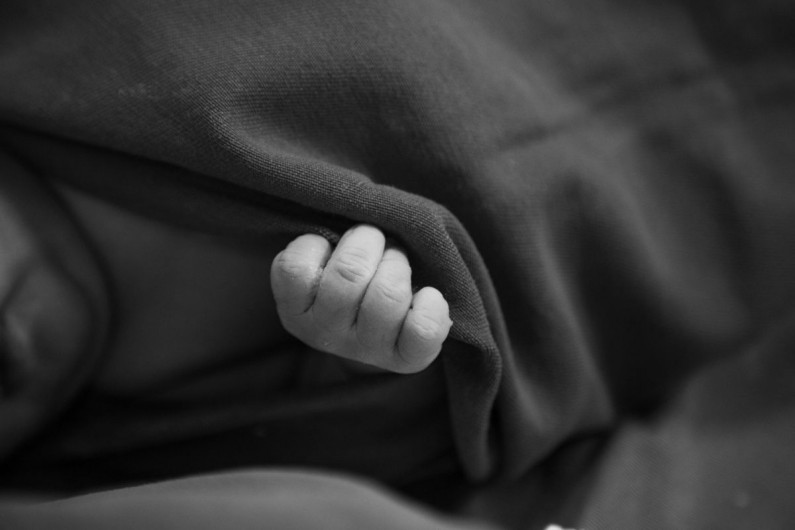Preventable Birth and Neonatal Injuries: Oxygen Deprivation, Hypoglycemia & Jaundice Explained

Birth and neonatal injuries can be life-altering for children and their families—especially when those injuries were preventable. At Weir Bowen LLP, we frequently help families pursue legal action in cases where proper medical care could have avoided serious harm. Some of the most common preventable birth and neonatal injuries we see involve oxygen deprivation, hypoglycemia (low blood sugar), and untreated severe jaundice.
Oxygen deprivation, or hypoxic brain injury, sometimes occurs when a baby’s brain does not receive enough oxygen during labour and delivery. While short periods of oxygen deprivation can be tolerated by a baby without injury, prolonged episodes can cause permanent damage. Proper monitoring—such as continuous electronic fetal heart monitoring—allows doctors and nurses to recognize signs of distress and intervene promptly. When warning signs are missed or responses are delayed, a hypoxic-ischemic brain injury may have been avoidable.
Hypoglycemia in newborns is another serious risk. Babies, particularly those born to mothers with gestational diabetes or in newborns who are small for gestational age, are vulnerable to low blood sugar after birth. If hypoglycemia is not identified and treated quickly, it can cause brain injury. Monitoring a newborn’s blood sugar levels, especially in higher-risk infants, is a standard part of hospital care. Failures in this monitoring or treatment process can lead to lasting cognitive and developmental issues.
While jaundice is common in newborns and often resolves on its own, severe jaundice can be dangerous. If bilirubin levels become too high and are not treated—typically with phototherapy or, in extreme cases, blood exchange—the baby may suffer kernicterus, a form of brain damage. Proper screening, monitoring, and timely treatment of jaundice are critical to preventing this devastating outcome.
Understanding whether a birth or neonatal injury was preventable requires a detailed review of medical records by experienced lawyers and medical experts. Parents may not know what went wrong or even suspect that a mistake was made. That’s why it’s important to seek advice if your child has suffered a serious injury and you have concerns about their care.
If you believe your child may have experienced a preventable birth or neonatal injury, we are here to help. Our team can investigate what happened and advise you on whether a legal claim is warranted. Taking that first step could help secure the care and support your child needs for the future.
If you have concerns about how your child’s birth was managed, speak with our team to explore whether a legal claim is right for you.
